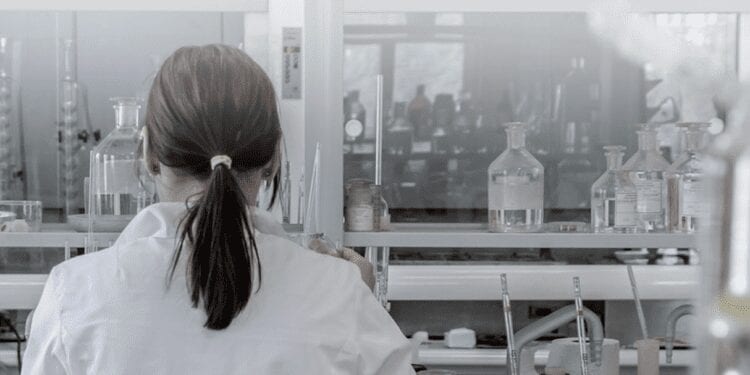Australian regenerative medicine specialist AVITA Medical Limited (ASX: AVH) has receivedUS Food and Drug Administration (FDA) approval its Investigational Device Exemption (IDE) application to conduct a feasibility study evaluating the safety and effectiveness of the RECELL Autologous Cell Harvesting Device (RECELL System) for repigmentation of depigmented lesions associated with stable vitiligo.
“Vitiligo affects approximately 6.5 million people in the United States, rivalling the prevalence of psoriasis; however, there are limited treatment options available to patients to permanently restore skin pigmentation,” said Dr Mike Perry, AVITA Medical Chief Executive Officer.
“We’re pleased with the FDA’s decision which allows us to begin our vitiligo study in the first half of 2020. Based on the outcomes of the feasibility study, we anticipate proceeding with a pivotal clinical trial to pursue FDA approval of the RECELL System as a cell-based repigmentation treatment option for stable vitiligo.”
Vitiligo is a disease resulting in loss of coloor, or pigmentation, in patches of skin that impacts the quality of life for those living with the condition. There is currently no cure for vitiligo, nor a universally accepted method for limiting the spread of the disease. Although many treatments are being used for the management of vitiligo, they are often temporary with a high rate of recurrence.(iv)
“This study expands on peer-reviewed, published effectiveness outcomes to confirm the feasibility of RECELL as a treatment for repigmentation in cases of stable vitiligo,” said Andy Quick, AVITA Medical’s Chief Technology Officer. “Given the RECELL System’s broad approval outside of the US, more than 1,000 vitiligo patients have already been treated globally and reported repigmentation.”
Dr Perry said AVITA will collaborate with a leading medical centre to conduct a pilot study with 10 patients who have vitiligo lesions that have been stable for at least one year. Areas of the vitiligo lesion will be randomly treated with slightly varying cell suspensions prepared using RECELL to confirm response rates and optimal suspension parameters.
He said the randomised controlled study’s primary effectiveness measure is the percent area of repigmented skin 24 weeks after treatment, as evaluated by a clinician blinded to the treatment assignment. Additional effectiveness data collected over the course of the 24-week study will include degree of repigmentation achieved and patient rating of repigmentation.












